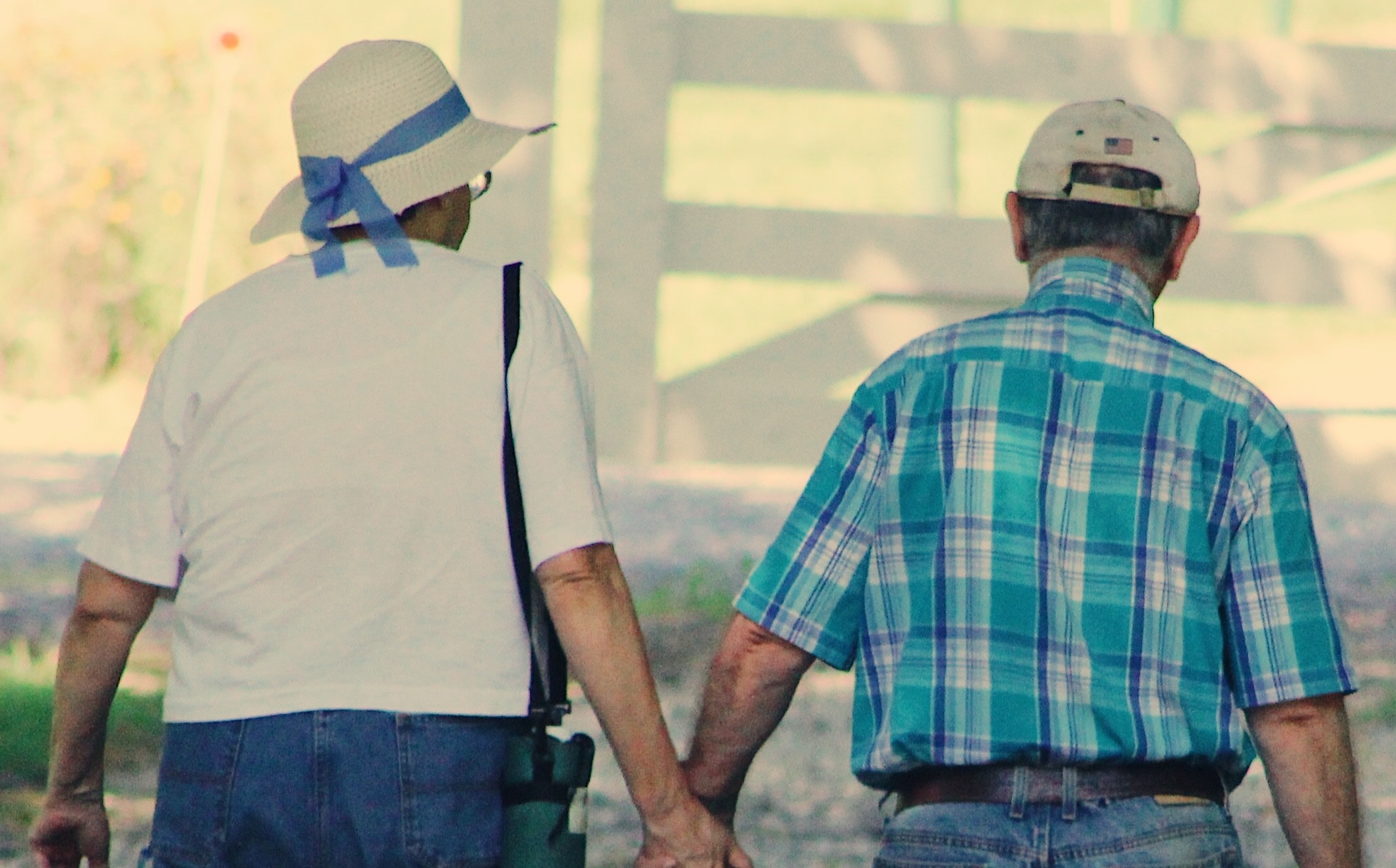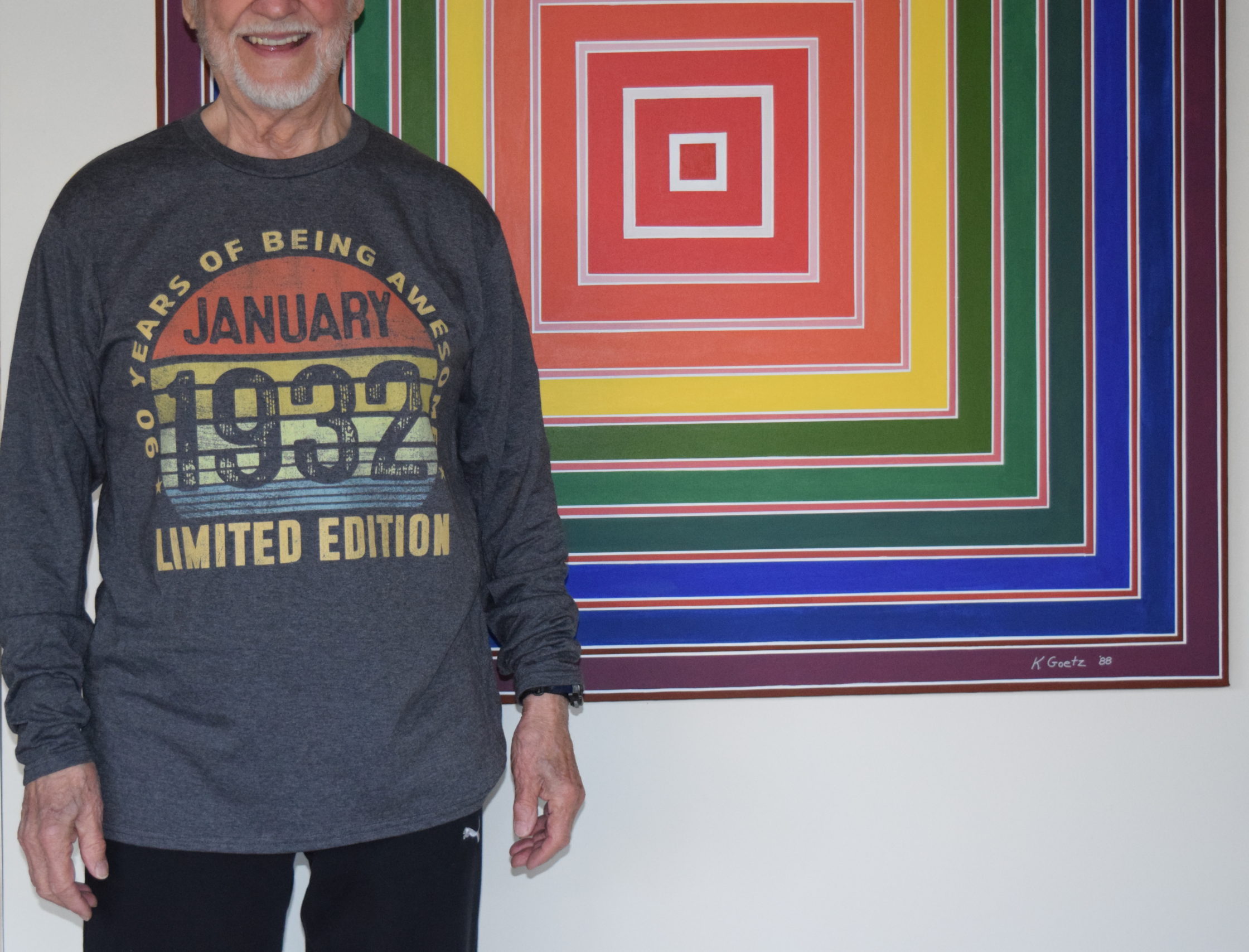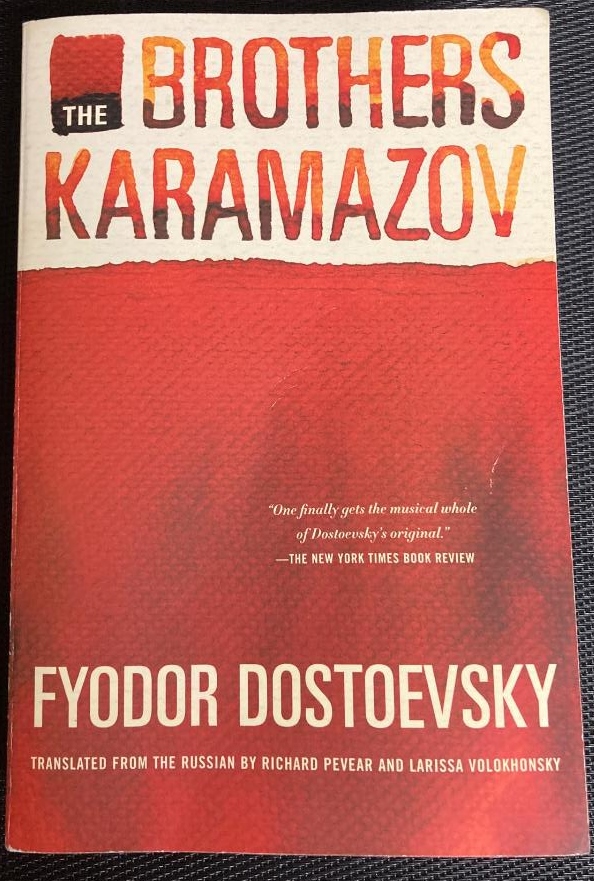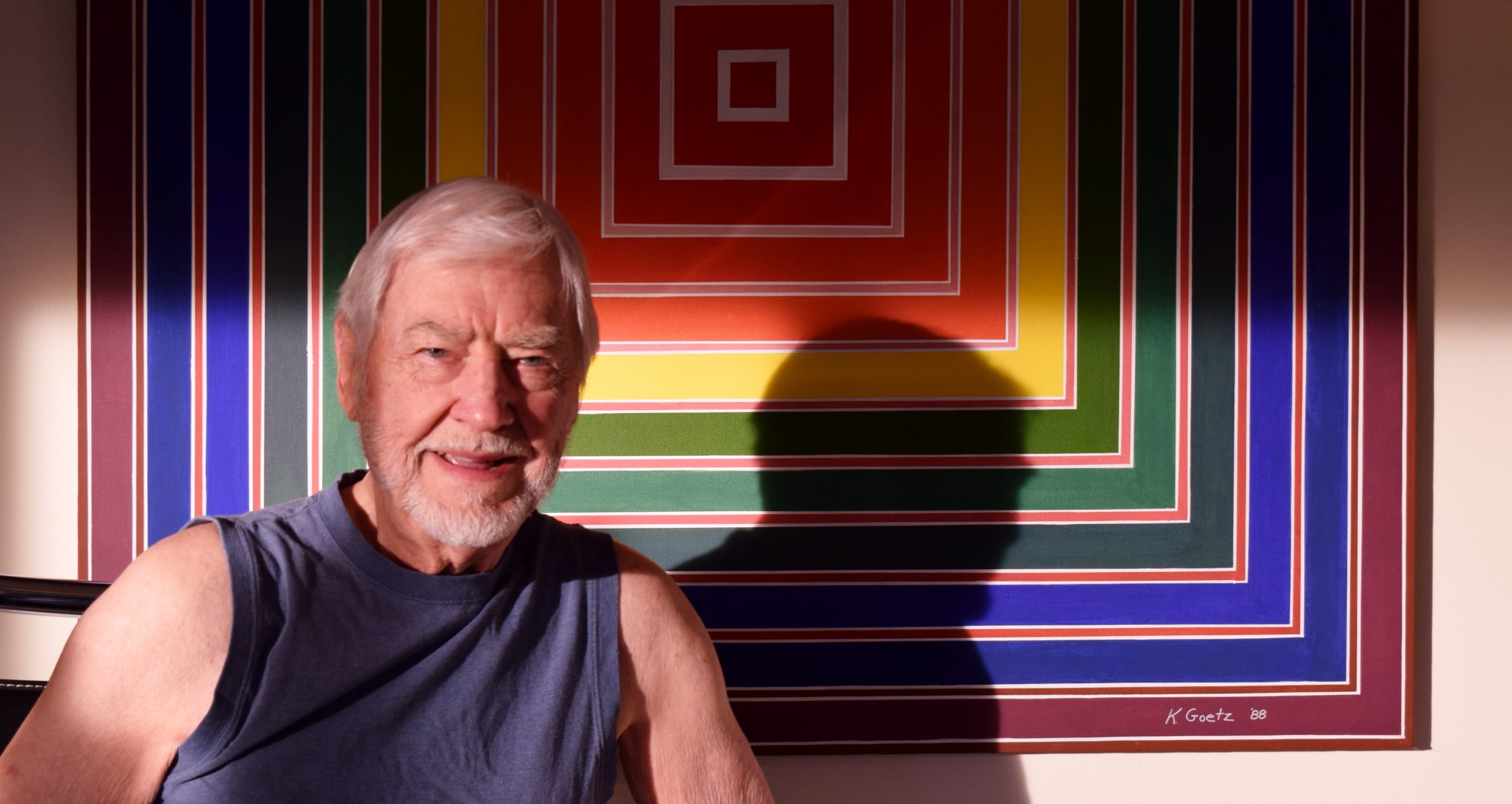As I mentioned in an earlier post (1), most of us have the power (ignoring accidents and bad luck) to help preserve our health and extend our lives. How exactly can that be accomplished? Well, I’ve done some digging. (You never know what will happen when you send a 90-year-old brain to investigate a new subject, but I found information worth reporting.)
Admittedly, the job wasn’t a walk in the park. I quickly learned that scientists who study aging have set off a nuclear blast of information, the volume being so great that I could no more swallow it all than I could drink Lake Superior dry. So I’m going to tiptoe into this story and offer basic facts, and some speculation.
You already know this, but I’m going to mention it anyway. Each of us, individually, is made up of humongous clusters of different cell types: brain cells , heart cells, lung cells, kidney cells, and many others. How many cells are tucked into one human body? The total number is of course impossible to count, but an average estimate suggests you are made up of about 30 trillion individual cells.
I have trouble comprehending the enormity of such huge numbers. Do you? Here’s a little trick that seems to help. Consider each of your cells to be equal to one second. Then realize that one million seconds cover about 11.5 days. One billion seconds come and go about 32 years. And one trillion seconds? They stretch to more than 30,000 years. And don’t forget. We’re talking about 30 trillion cells, so multiply those numbers by 30.
Cautionary note: whatever you do, please refrain from using this method when you think of our national debt, which now just happens to be over $30 trillion dollars. Ignoring this particular number may preserve your sanity. However, if that prodigious sum wedges uncomfortably into your mind, you might consider passing it on to certain senators and representatives who spend their time fumbling through chambers of our nation’s Capitol.
To return to your trillions of cells, and this is important, each of those cells has a remarkable life of its own. Every cell, in a manner of speaking, does its own housekeeping. It buzzes with metabolic activity and even does its own recycling. Your cells work at a furious rate. For example, Yoshinori Ohsumi, a Nobel Prize winning scientist (I’ll come back to him), estimates that the millions of specialized cells in our bone marrow produce about 3 million red blood cells per second. (Circulating red cells decompose at the same rate.) To achieve this amazing production, those busy cells must also produce hemoglobin molecules (the ones carrying oxygen inside red blood cells) at a rate of 1 quadrillion molecules (10 to the 15 th power) per second. If that doesn’t boggle your mind, you’re not boggleable.

One word that kept coming up when I dug into aging processes was autophagy (au‑’taf a‑jee), or it’s sometimes pronounced simply as each of its two basic components, auto + pha – gy (from Greek for self-devouring). The word coinage is usually attributed to Christian de Duve, who won a Nobel Prize in 1974 for his discovery of the lysosome, an amazing cell organelle now known to have more than 60 digestive enzymes within each one. Lysosomes accomplish fabulous deeds, as we shall see.

Interest in autophagy skyrocketed after Nobel Laureate Yoshinori Ohsumi (first photo), managed to tease out its secrets and demonstrate that lysosomes were indeed the site of the cell’s recycling and renewal program. In this process the cells chop up damaged proteins, build new structures, revive mitochondria (our cell’s energy source), ward off infections, and maintain healthy metabolism. In short, autophagy recycles and renews the contents of our cells, which would not survive without that vital revival. Nor, of course, would we.
Ohsumi’s work was thorough. He learned how autophagy works from start to finish, how it is controlled, and he even identified the key genes and molecules involved. Guess what. His experiments were done on, of all things, Baker’s yeast. (Never doubt the value of very basic research.) Autophagy later was shown to be present in human cells. Its activity is stimulated (up-regulated in genetic terms) by a number of stresses such as fasting and exercise, along with other stresses to be mentioned in later posts.
Let’s focus for a moment on fasting. It’s long been known that severe dietary restriction extends the lives of rodents (2), and it is believed that autophagy contributes to the extended the life spans of underfed animals.
As I began looking into all of this, I kept running into accolades for so-called intermittent fasting as a method of promoting autophagy. As you may know, intermittent fasting, a method often used for weight loss, comes in a number of variations. For example, the so-called 16/8 routine requires you fast for 16 hours and consume all of your meals within an 8 hour window (or slightly modified to 18/6). There’s also the 5/2 regimen, in which you eat normally for five days of the week and “fast” (either completely or maybe consuming only 500 calories on those days), and there are other modifications. I started the 16/8 routine a week ago, ending my dinner by 8 p.m. and consuming nothing but water and black coffee in the morning, finally breaking my fast at noon.
The routine wasn’t difficult for me, maybe because years ago in my laboratory, my colleagues and I fasted at times for 24 hours (this was required while performing certain experiments on ourselves). I quickly discovered those 24-hour fasts weren’t difficult to accomplish if I just refused to consider other options. I had that same mind-set this week and did just fine.
So did I push my autophagy button and begin stretching my earthly days? I wish I knew the answer. I started my program optimistically, but during this week as I searched for definitive information, I found no concrete data demonstrating that a 16 hour fast provides adequate time to induce autophagy. (There are plenty sources claiming it does, but I found no convincing data to document that assertion.)
I did find one review of the scientific literature (it was published just a few months ago (3) that echoed my skepticism. Here’s part of the abstract from that extensive review. There is significant interest in the body of literature describing longitudinal adaptations to IF (intermittent fasting). Less attention has been given to the acute physiological responses that occur during the fasting durations that are commonly employed by IF practitioners. Thus, the purpose of this review was to examine the physiological responses – including alterations in substrate metabolism, systemic hormones, and autophagy – that occur throughout an acute fast. Literature searches were performed to locate relevant research describing physiological responses to acute fasting and short‑term starvation. A single fast demonstrated the ability to alter glucose and lipid metabolism within the initial 24 hours (indicating a shift to ketosis, my words), but variations in protein metabolism appeared to be minimal within this time frame. The ability of an acute fast to elicit significant increases in autophagy is still unknown. (I increased the font size of the previous sentence for emphasis.)
To be clear, the conclusion of the authors bothers me not at all. First of all, extended periods of fasting (longer that the “acute fast” of 24 hours mentioned above) clearly unleash autophagy, as do other stresses that I will come to in later posts. And intermittent fasting may well be effective in weight reduction, but that’s not the focus of my search. I’m centered here on factors that extend healthy lives, and on the variety of stimuli that trigger autophagy, along with other encouraging developments that promise to preserve our health and extend our lives. I’ll noodle around this area for a while, and I intend to come up with more reports. Stay tuned.















